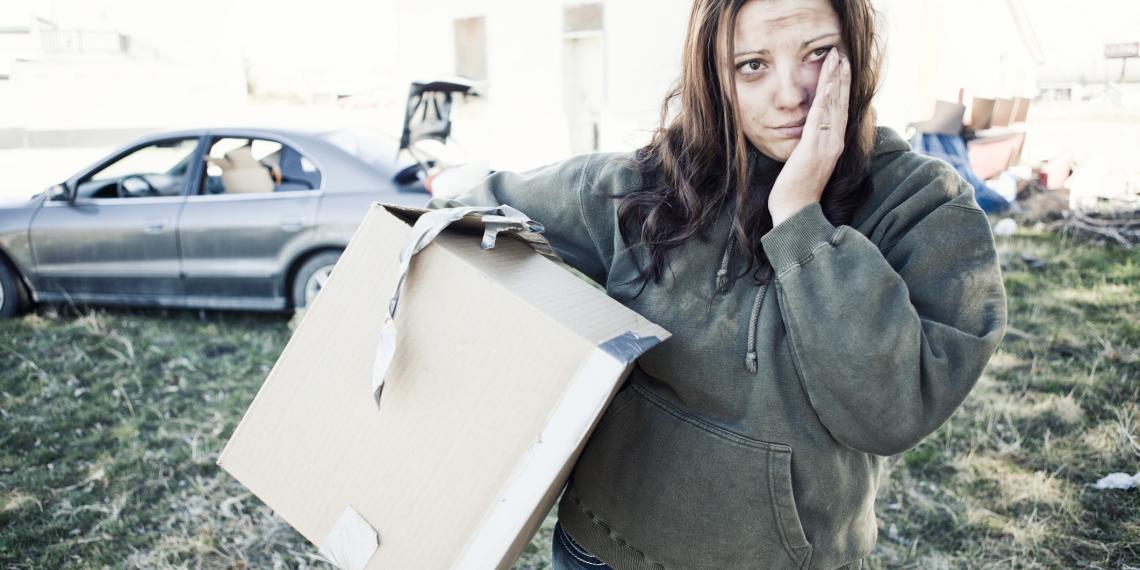You are here
Salvation Army report highlights housing crisis realities

The stories of seven individuals and whānau (families) who are homeless or living in either emergency or transitional housing reveal the daily realities and challenges faced by people across the country amidst the ongoing housing crisis.
The latest Salvation Army Social Policy and Parliamentary Unit advocacy paper, Tales from the trenches: The realities of housing in New Zealand, draws on what our housing staff are seeing in their frontline work with individuals and whānau in Auckland, Hamilton, Wellington, Blenheim, and Christchurch. The report also gives a snapshot of housing-related statistics, such as market rents, and makes recommendations for reducing the level of housing need.
‘This short paper brings to the forefront some of the stories of real people at the sharper end of the housing continuum,’ says Social Policy Analyst and Advocate Ana Ika.
‘One of families we have been helping, Erika and her children, moved into emergency housing to avoid an abusive relationship and keep the children safe. Their emergency housing motel is rife with violence, drunkenness, drug dealing, drug usage and prostitution. Erika is on the social housing register and continually looking for an affordable private rental, but for now there seems no escape from their sometime volatile and violent emergency housing environment.
‘John has been in our transitional housing programme for almost three years. Unaffordable market housing and long waits for a Kainga Ora home have meant the usual 12 weeks maximum transitional housing stay has had to be continually extended.
‘The six-person Toloa family have had to move three times to three different suburbs within 15 months due to a combination of their market rental being sold and market rental unaffordability, especially for larger families. For their children, the frequent moves have resulted in the instability of going to four different schools. They are now in transitional housing waiting for a long-term home.
‘There continue to be systemic challenges at the sharper end of the housing continuum in which we see high and persistent levels of housing deprivation,’ says Ms Ika.
‘We want people such as Erika and her children, John, and the Toloa family, and others mentioned in this paper, to move into long-term safe and secure housing. Proper housing makes a real and material difference to people’s lives.’
The paper makes a number of recommendations to improve the housing experiences of people in the short, medium, and long-term. These include increasing the availability of support staff for
people facing housing difficulties; a revamp of the Accommodation Supplement; more Kainga Ora homes built with universal design; and for local councils to explore the use of inclusionary housing policies.
The full report is available on our website: https://www.salvationarmy.org.nz/article/tales-trenches-realities-housin...
The Salvation Army Territorial Media Officer, 021 945 337, email: media@salvationarmy.org.nz (The Media Officer responds to enquiries from media outlets and journalists. If you would like to donate, are in need of help, or have some other non-media-related enquiry, please call 0800 53 00 00.)